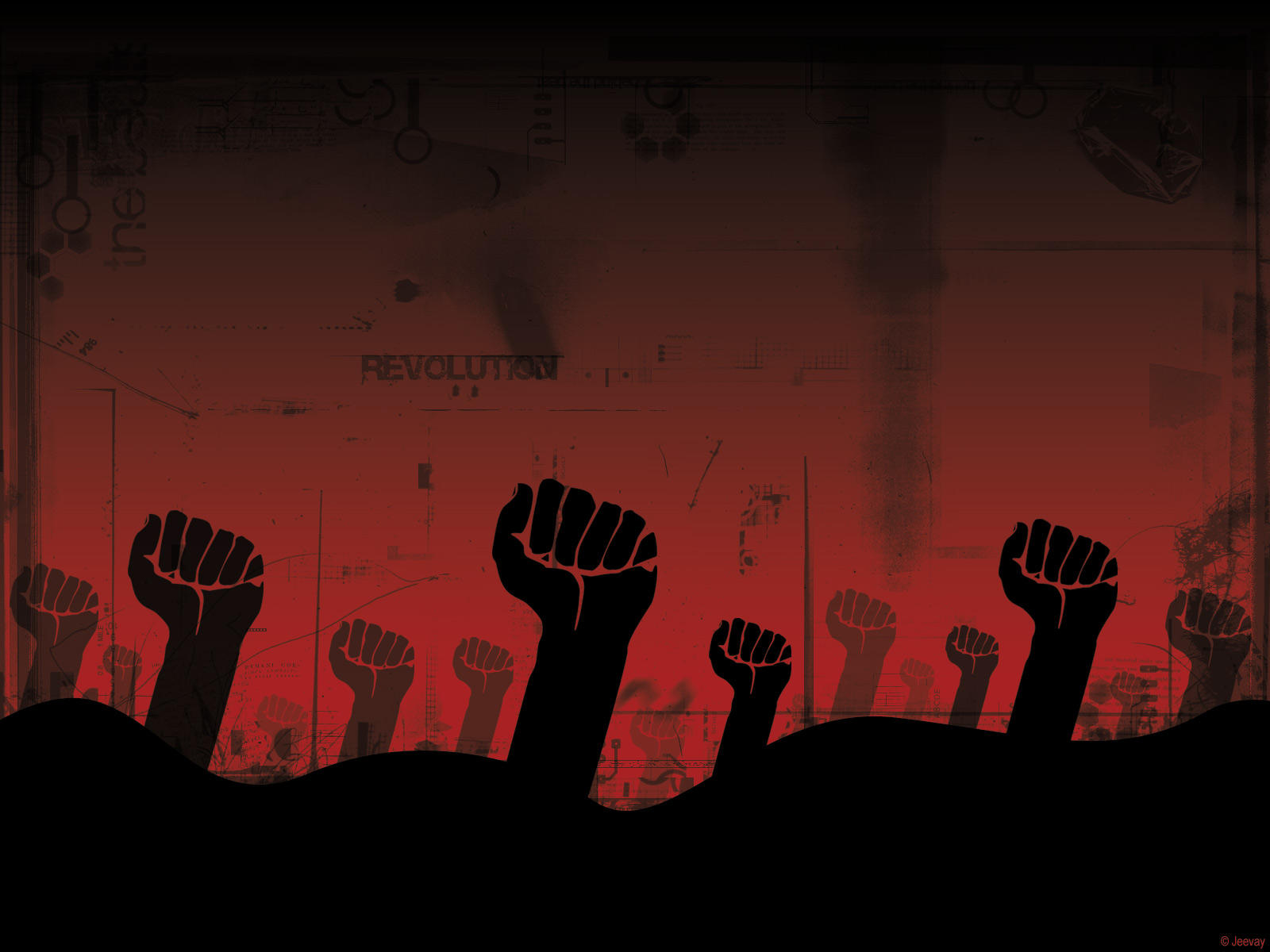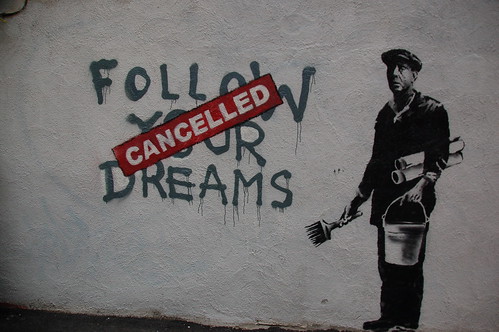
Seven o’clock de la mañana. Tuesday, November 5th.
Susan slips out of bed, into her day clothes, and makes for the polls. Today would be the first day she voted. Finally! After all this time! She had been waiting her whole life—she was too nervous to even eat breakfast.
A few months later, many people would ask her why she voted. She would answer—and did answer to all twenty-nine of the towns and villages of Monroe county, and twenty-one towns in Ontario county—
“For however destructive in their happiness this government might become, a disfranchised class could neither alter nor abolish it, nor institute a new one, except by the old brute force method of insurrection and rebellion.”1
Indeed, Susan voted. Thoreau would be proud: “Cast your whole vote, not a strip of paper merely, but your whole influence.”2
Lysander Spooner says that “a man, thus subjected to a government that he does not want, is a slave.”3 Wow! Now that is a statement I can agree with! Spooner and Thoreau were contemporaries and certainly we can see parallels in their ideas and philosophy. Perhaps Susan enjoyed Walden as well—she was an intelligent Female of the Species.
But she was still female! “And Man knows it! Knows, moreover, that the Woman that God gave him / Must command but may not govern—shall enthrall but not enslave him.”4 Is voting not governing—participating in government? What’s going on here?
Back to Spooner: “And there is no difference, in principle—but only in degree—between political and chattel slavery.” So Susan is not a contradiction, she is a noble, in the Nietzschian sense. She overcame the imposed regime within her own writ as a human being, as the owner of herself. She enjoyed the vivid sense of life that few experience.
Susan B. Anthony ate tyranny for breakfast. She swallowed it whole, rejecting the notion that any inherited supremacy could crush her intrinsic rights: “for if a [wo]man has never consented or agreed to support a government, [s]he breaks no faith in refusing to support it.”3 A leader she was, infamously on the run. Maybe not in the John Brown-sense, but she inspired perhaps scores of women to cast the illegal ballot.
And so it is—What makes a leader?—the audacity to break the norms. The will to overcome that which does not make sense in the subjective valuation of the leader. When the leader necessitates overcoming an imposed regime, they are not acting tyrannical, but in fact they are an open and diplomatic enemy. That is the American way, after all—diplomacy, politics, compromise. And audacity.
(Photo 1 — Jeevay)
(Photo 2 — Banksy)

Leave a Reply